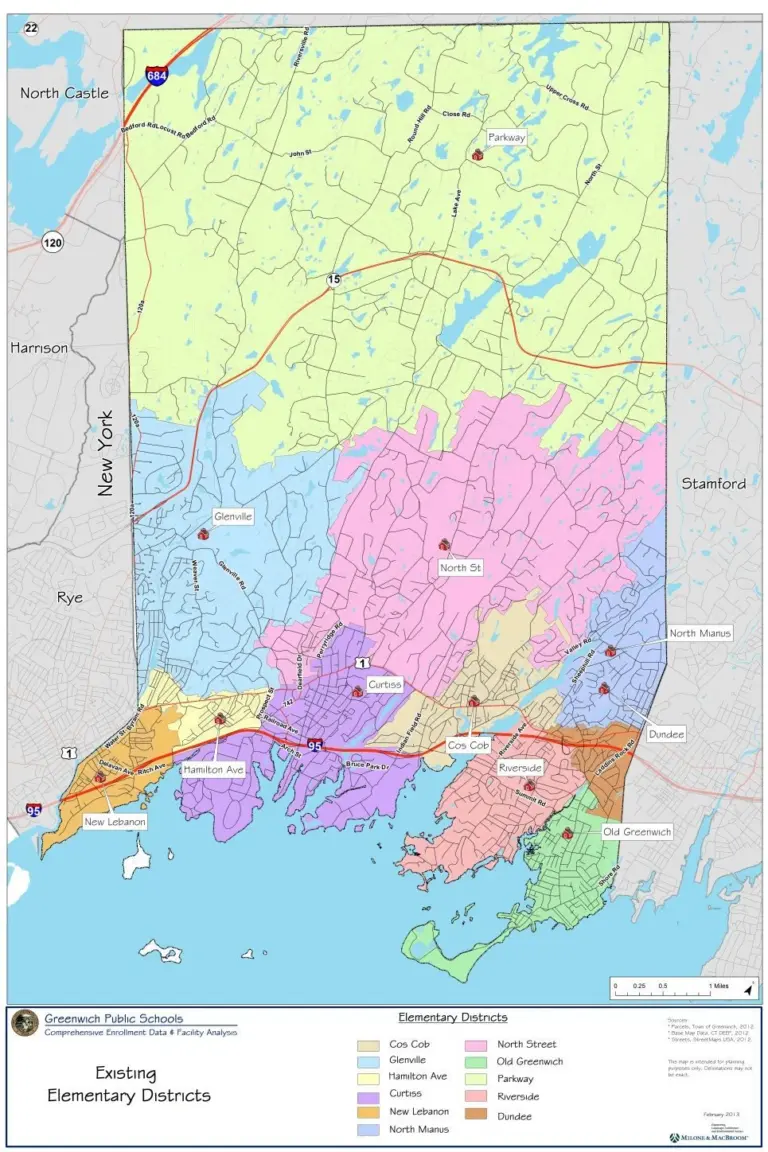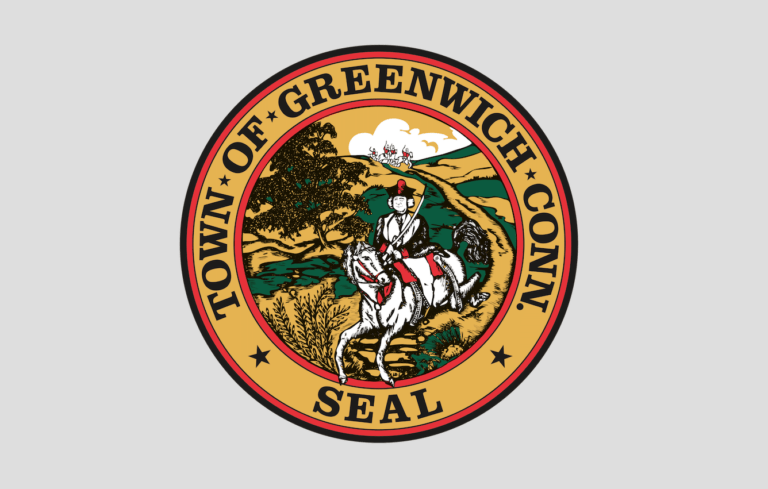

By: Cheryl MacCluskey
Connecticut, how people love Fairfield county, the quintessential charm of New England, with its rich heritage of revolutionary history, small beautiful cities, top quality Universities and a quality of life that lends to raising a family. It is no wonder why so many people would like to call Connecticut home.
FHA loans were developed by the U.S. Federal Housing Administration to help veterans,
Lower income borrowers and first time homebuyers. FHA are provided by FHA approved
Lenders and have different eligibility requirements than conventional lenders.
FHA loans seem like the answer for many people because of their benefits but there are also
drawbacks to FHA loans. It is always advised to discuss your options with your Loan Officer
but here are the Pros and Cons of FHA Loans so you have the information needed to make an
educated decision.
PRO: One of the top selling points of the FHA loan program is that borrowers only need to put
down 3.5%. The bonus for FHA is if you are approved you can use funds from domestic
partners, friends and family members for the down payment.
PRO: If you find a home that is in need of TLC and your heart is set on the home, you can
apply for an FHA 203 (K) loan. It is designed to help homeowners secure the necessary funds
to complete all the renovations that are needed. The 203(K) loan is not calculated on the value
of the property but rather on the value after the repair.
PRO: FHA loans are assumable! If you are purchasing a home from someone who has an
FHA mortgage you have the option to assume their mortgage rather obtain a new mortgage.
If you choose to do so, you could secure a lower mortgage rate.
PRO: Another great selling point is that FHA has no prepayment penalties, with conventional
loans, some lenders do reserve the right to charge a prepayment penalty if you choose to pay
off your loan early. This gives the lender the opportunity to recoup some of the cost for lost
interest overtime.
CON: It is true that the FHA loan program is more forgiving on borrowers who have lower credit
scores than non-traditional credit history, but even with FHA a borrower has to have at least a
580 or higher to take advantage of a lower down payment. If the borrower has a credit score
lower than 579 but above 500, you could still have to put down around 10%.
CON: With FHA loans there are stricter loan limits. Limits vary from county to county based on
factors such as median cost of housing per county and type of housing. Conventional loan
limits are generally higher than FHA limits. A good example is a Conventional loan limit for a
single-family home in Hartford is $510,400, while the FHA loan limit for the same home is
$353,050. In Fairfield County the limit for a Conventional loan and FHA is $601,450. There are
8 Counties in CT with different limits.
CON: FHA loans are considered by a lender as higher risk than other loans because they
are granted to the borrower who usually has lower credit scores and higher debt-to-income
ratios, and lenders are more likely to see that borrower as higher risk to default on their
Loans. This means to the borrower that if you are approved for an FHA loan in CT, you will pay
a higher insurance premiums.
There are two premiums all FHA borrowers must pay. An upfront premium and an annual
premium. You pay the upfront premium usually 1.75% of the loan amount. You have the option
to either pay this premium at closing or you can roll it into the loan amount. The annual
premium is added to your monthly mortgage payments and can range anywhere from 0.45% to
1.05%, this is all dependent on the size and terms of the loan.
FHA now will not take off the PMI insurance once you are below the 80% loan to Value. This is
something that FHA implemented recently. So the only way to stop paying PMI once you have
hit the 80% LTV is to refinance into another loan.
CONS: Although a 203(K) loan can certainly expand the range of property options that are
available to you, it will not open all the doors. One of the most important stages of the FHA
Loan application is to work with a Department of Housing and Urban Development-approved
appraiser to review the condition of the home you choose. These appraisers are trained to
ensure that the home meets Minimum Property Standards, that the home is safe, livable and up
to code.
You must choose a Loan Officer that has the expertise necessary to not only help you
determine which type of loan best fits your specific situation, but to connect you to the right
lender and secure the best loan terms possible. You want a Loan Officer who strives to develop
relationships built on mutual trust and respect. You should not settle for anything less. Happy
Loan Hunting.




